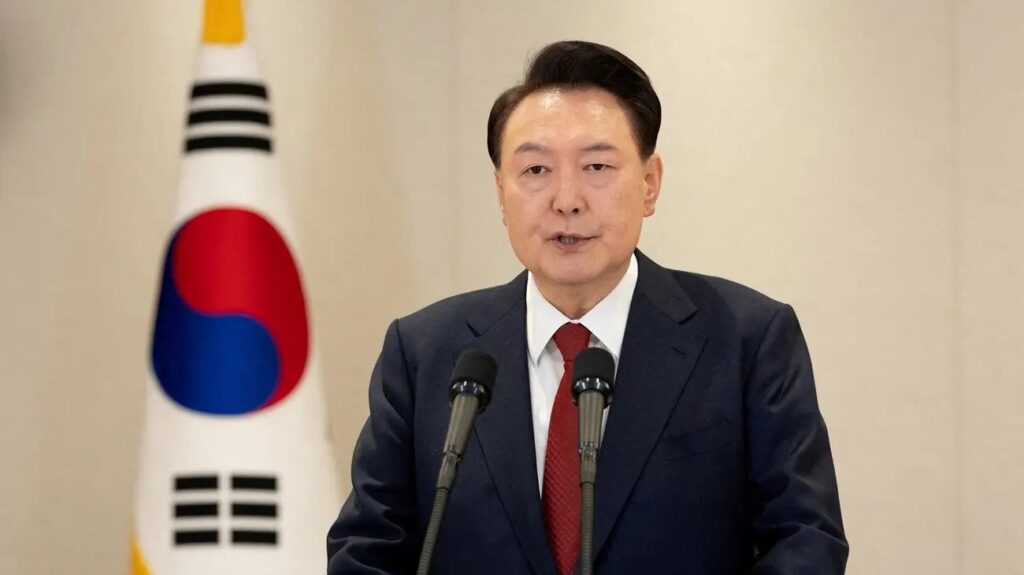
Seoul, January 7, 2025 – South Korean authorities are intensifying efforts to arrest impeached President Yoon Suk Yeol, following his controversial declaration of martial law on December 3, 2024. The Corruption Investigation Office for High-ranking Officials (CIO) has requested police assistance in executing an arrest warrant, which has been impeded by presidential security forces.
President Yoon’s brief imposition of martial law, intended to counter “anti-state forces,” led to his impeachment by the National Assembly on December 14, 2024. Since then, he has remained within the presidential residence, resisting detention. Investigators’ attempts to serve the arrest warrant have been obstructed by the Presidential Security Service, resulting in a standoff that has captured national attention.
The arrest warrant, issued by a Seoul court, is set to expire imminently. Investigators are seeking an extension to facilitate President Yoon’s detention on charges of potential insurrection. If convicted, he could face severe penalties, including imprisonment or, in extreme cases, the death penalty.
The situation has led to widespread protests, with citizens divided over President Yoon’s actions and the subsequent impeachment. Supporters and opponents have staged rallies, reflecting deep societal divisions. The Constitutional Court is currently reviewing the impeachment to determine whether to permanently remove President Yoon from office.
U.S. Secretary of State Antony Blinken, visiting South Korea amid the political turmoil, expressed confidence in the country’s democratic processes. He emphasized the importance of resolving the situation peacefully and in accordance with the law.
As the deadline for the arrest warrant approaches, the CIO and police are evaluating legal procedures to apprehend President Yoon. The unfolding events continue to test South Korea’s legal and political institutions, with significant implications for the nation’s democratic stability.




